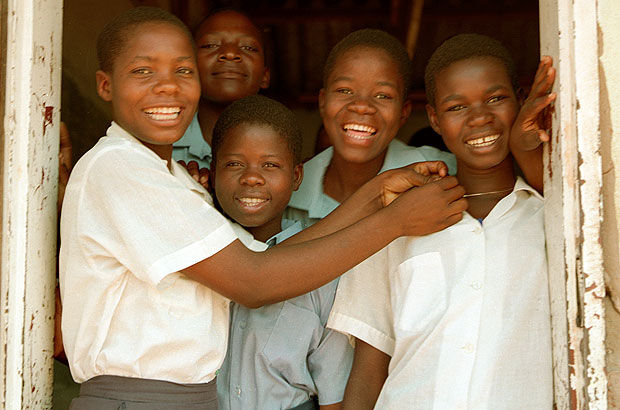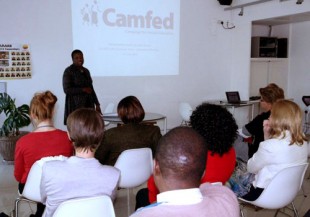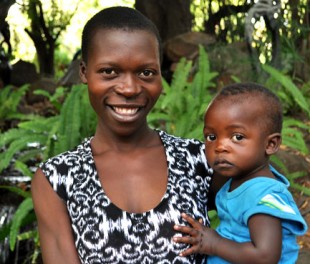There is a growing recognition of the extent and impacts of child, early and forced marriage (CEFM) in Zimbabwe. CEFM is widespread; 31% of young women in Zimbabwe are married by the age of 18. And research shows the deep and wide ranging consequences for girls.
CEFM is often the outcome of fewer choices in life – girls from poor and disadvantaged backgrounds are more likely to marry early. Families and communities may often view early marriage as a way of protecting girls and safeguarding their future. But it is also associated with poorer outcomes later in life – these girls have lower earning potential, lower educational levels, and shorter life expectancy.

It is a basic right for girls to make their own choices. As a recent United Nations Population Fund (UNFPA) report noted: "choosing when and who to marry is one of life's most important decisions... the decision to marry should be a freely made, well informed decision that is taken without fear, coercion or undue pressure. It is an adult decision." Nearly a third of Zimbabwean girls are not making this decision as an adult – if they are making a decision at all.
Zimbabwe’s new Constitution defines a ‘child’ as being below the age of 18, and defines marriage as a consensual union between a man and a woman, both of whom must be at least 18. Zimbabwe has ratified most international human rights instruments that speak to the issue of child marriage. It is encouraging that there is work underway to clarify and improve the legal position with respect to child marriage, and that new domestic legislation is on the horizon.
Research shows that communities in Zimbabwe frequently do not define adulthood in terms of age, but in terms of perceptions of what stage of life people are at (based on physical attributes, perceived ‘maturity’ and so on). If she has had sex with a man or is suspected of having done so, a girl may then be expected to marry him – even if she has been raped. Patriarchal cultural values and practices are of more relevance than the law in many communities – and these often perpetuate CEFM.

At DFID Zimbabwe’s Girl Summit event last month, we heard from 2 of our programme partners: the Musasa Project, which works with the most vulnerable girls and women in Zimbabwe to provide services to survivors of gender based violence, and work to change harmful social norms and behaviours. We also heard from CAMFED, who support girls through secondary school education and their transition to adulthood, working with their communities, families and peer groups to better understand and facilitate the process.
Netty, Musasa’s Director, explained how services and advocacy can work hand in hand at community level. Through the provision of services where the most vulnerable girls are, Musasa can deliver support in a way that is both accessible to girls and responsive to local cultural and religious norms.

CAMFED’s work demonstrates that, when girls have a choice, and positive options available to them, they choose to marry later in life. Their educational outcomes are better, their earning potential is greater and, crucially, they can then go on to be positive role models within their communities. Faith, our speaker from CAMFED, is an inspiring example in her own right - having once been a beneficiary, she has risen through the ranks to become their Director of Programmes and Impact.
Both of these projects provide examples of what can be done to support girls to make decisions and have greater control of their lives. But they also highlight the many challenges that remain in Zimbabwe – Netty spoke of the ‘veil of secrecy’ surrounding the issue of CEFM. Until it is better understood, and more widely spoken about, our chances of tackling this critical issue are limited. Events such as these are just one small step towards doing so.
This blog was authored by Samantha Coope, social development adviser at DFID Zimbabwe.
Keep in touch. Sign up for email updates from this blog, or follow UK in Zimbabwe on Twitter and Facebook.

Recent Comments